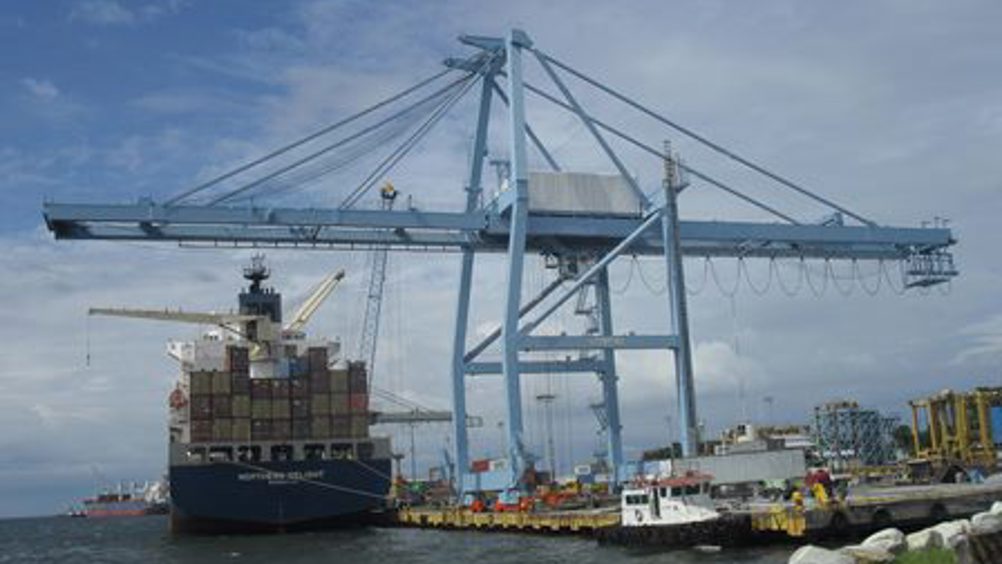Research aims to prevent "maritime equivalent of a motorway pile-up"
A team from Nottingham University and Royal Norwegian Naval Academy are investigating how to prevent shipping Global Positioning Signals being jammed in cyberattacks.

Commercial shipping is highly automated with networked navigational systems, including differential GPS (DGPS) that is said to offer more accurate positioning - to one metre - than conventional GPS. These maritime DGPS receivers are, however, easy to disrupt using £50 jammer devices.
DGPS signal disruption, particularly when ships are navigating through narrow inshore waters, could result in inaccurate positional information, leading to more maritime accidents.
For the study, academics from the Nottingham Geospatial Institute (NGI) and Royal Norwegian Naval Academy (RNoNA) Navigation Centre tested DGPS disruption in the shipping lanes of the Norwegian straits where navigational errors are said to account for half of accidents.
Dr Lukasz Bonenberg, senior technical officer at the NGI, said: "Main factors behind maritime accidents in this part of Norway are an influx of foreign vessels, coupled with quickly changing weather conditions and the dangerous nature of the narrow inshore waters.
"In these difficult conditions, with a need for high-accuracy navigation, there tends to be an over-dependence on DGPS technology which can lead to a false feeling of security. These errors have increased significantly since the introduction of DGPS on most ships.
Register now to continue reading
Thanks for visiting The Engineer. You’ve now reached your monthly limit of news stories. Register for free to unlock unlimited access to all of our news coverage, as well as premium content including opinion, in-depth features and special reports.
Benefits of registering
-
In-depth insights and coverage of key emerging trends
-
Unrestricted access to special reports throughout the year
-
Daily technology news delivered straight to your inbox









Simulations show Optimal Design for Bladeless Wind Turbines
"an 80cm mast" Really? I'm short but that's only half my height! Do they mean 800cm?